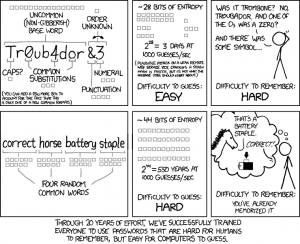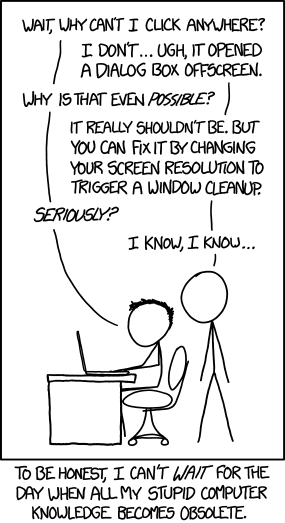In this Gizmodo article author Adam Clark Estes discusses his frustrations with creating a smart home.
I’d spent the last six months making my home more intelligent with Wink components. That meant six months of programming lightbulbs and installing sensors and adjusting shades and updating hubs. All my effort to connect my appliances added up to this one very public test. My friends didn’t need to walk ten feet to the light switch, when I could manage everything with a couple taps. My friends would be so impressed. I’d talked up my pet project plenty, and now they could watch the future unfold before their very eyes.
I unlocked my phone. I found the right home screen. I opened the Wink app. I navigated to the Lights section. I toggled over to the sets of light bulbs that I’d painstakingly grouped and labeled. I tapped “Living Room”—this was it—and the icon went from bright to dark. (Okay, so that was like six taps.)
Nothing happened.
After a thousand dollars and six months, his first public demo failed. A friend smirked “How many gadget bloggers does it take to turn off a light?”
Not all simple things are bad. The article has a section titled “The Beautiful Simplicity of a Light Switch.” I appreciate most modern conveniences (air conditioning, anesthetics, and antibiotics are three that I cannot live without). But I do long for the simple life. My grandfather was never stuck in traffic or late for conference call because he did have the right passcode.



